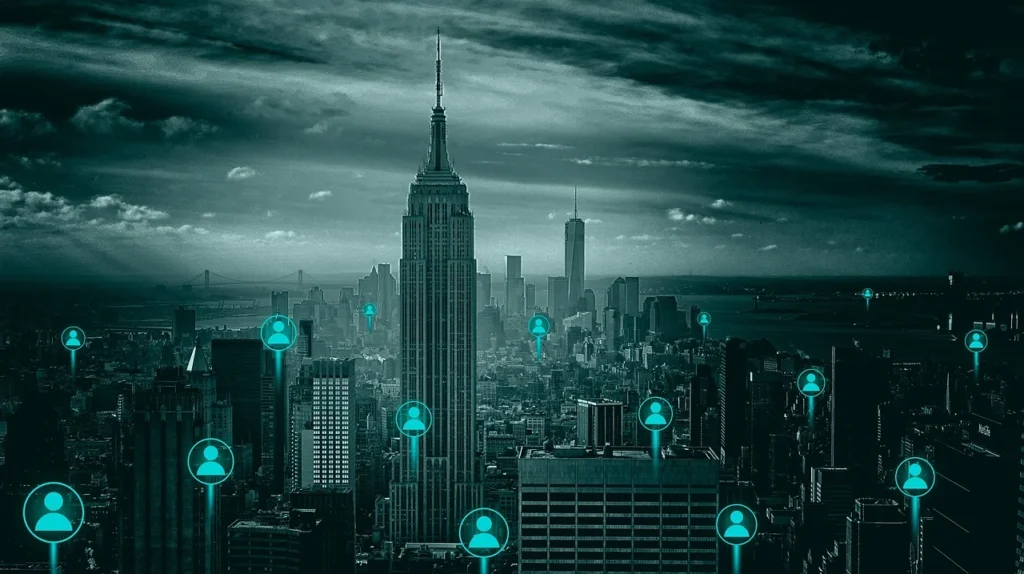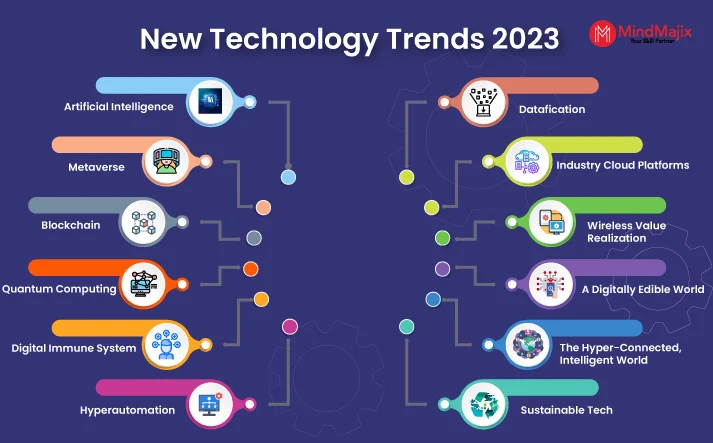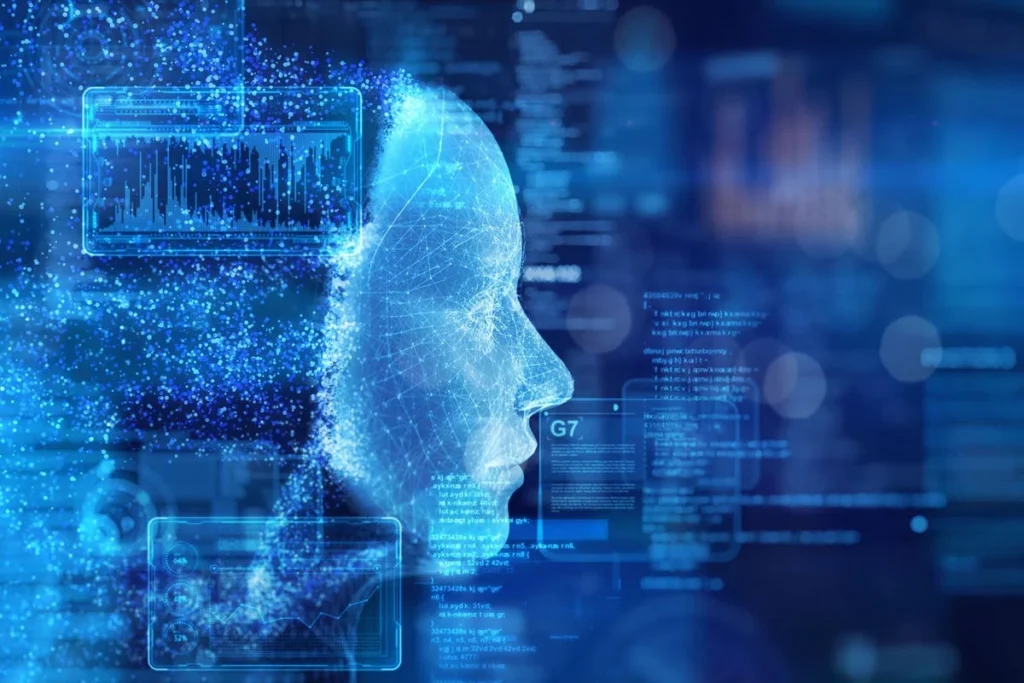The concept of smart cities is rapidly gaining traction as urban areas around the globe embrace the Internet of Things (IoT) to enhance the quality of life for their residents. The Rise Of Smart Cities: How IoT Is Redefining Urban Living delves into the innovative technologies that are reshaping our urban landscapes. From intelligent transportation systems to energy-efficient buildings, the integration of IoT is paving the way for more sustainable and connected communities. As cities evolve, understanding the implications of these advancements becomes crucial for both residents and policymakers alike.
In this article, we will explore the various facets of smart cities, including the role of IoT in improving public services, enhancing safety, and fostering economic growth. You will learn about the challenges that cities face in implementing these technologies, such as data privacy concerns and infrastructure limitations. Additionally, we will highlight real-world examples of cities that have successfully adopted smart solutions, showcasing the tangible benefits that come with this transformation.
As we navigate through the complexities of urban living in the digital age, this article aims to provide you with valuable insights into the future of smart cities. Whether you are a city planner, a technology enthusiast, or simply a curious reader, you will find compelling information that encourages you to think critically about the urban environments we inhabit. Join us on this journey to discover how IoT is not just a trend, but a fundamental shift in how we experience city life.
As urban populations continue to grow, cities are increasingly turning to technology to enhance the quality of life for their residents. The Internet of Things (IoT) plays a pivotal role in this transformation, enabling cities to become smarter and more efficient. This article explores various aspects of smart cities and how IoT is redefining urban living.
Understanding Smart Cities
Smart cities leverage technology and data to improve urban infrastructure, services, and the overall quality of life. By integrating IoT devices, cities can collect and analyze data in real-time, leading to informed decision-making. This concept encompasses various sectors, including transportation, energy, and public safety, all aimed at creating a more sustainable urban environment.
The rise of smart cities is driven by the need for efficient resource management and enhanced citizen engagement. As urban areas face challenges such as traffic congestion, pollution, and inadequate public services, the implementation of smart technologies offers innovative solutions to these pressing issues.
IoT and Urban Mobility
One of the most significant impacts of IoT in smart cities is on urban mobility. IoT-enabled transportation systems can optimize traffic flow, reduce congestion, and enhance public transport services. Smart traffic lights, for instance, can adjust their timing based on real-time traffic conditions, improving overall efficiency.
Moreover, the integration of IoT in ride-sharing and public transport applications allows for better route planning and scheduling. This not only saves time for commuters but also contributes to reduced carbon emissions, making urban mobility more sustainable.
Smart Energy Management
Energy consumption is a critical concern for urban areas, and IoT technologies are revolutionizing how cities manage their energy resources. Smart grids equipped with IoT sensors can monitor energy usage patterns, enabling more efficient distribution and consumption of electricity.
Additionally, smart meters provide real-time data to consumers, encouraging energy-saving behaviors. By optimizing energy management, cities can reduce costs and minimize their environmental impact, paving the way for a greener future.
Enhancing Public Safety
Public safety is a top priority for urban planners, and IoT technologies are enhancing security measures in smart cities. Surveillance cameras equipped with AI and IoT capabilities can monitor public spaces, detect unusual activities, and alert law enforcement in real-time.
Furthermore, smart emergency response systems can analyze data from various sources, such as social media and IoT devices, to improve response times during emergencies. This proactive approach to public safety ensures that cities are better prepared to handle crises.
Waste Management Innovations
Efficient waste management is essential for maintaining clean and sustainable urban environments. IoT-enabled waste bins can monitor fill levels and optimize collection routes, reducing operational costs and minimizing environmental impact.
By utilizing data analytics, cities can identify waste generation patterns and implement targeted recycling programs. This not only enhances waste management efficiency but also promotes sustainable practices among residents.
Smart Healthcare Solutions
The integration of IoT in healthcare is transforming how cities manage public health. Smart health monitoring devices can track vital signs and send alerts to healthcare providers, enabling timely interventions for patients.
Moreover, data collected from these devices can help city planners identify health trends and allocate resources effectively. This proactive approach to healthcare ensures that urban populations receive the support they need, ultimately improving overall public health outcomes.
Citizen Engagement and Smart Governance
Smart cities prioritize citizen engagement through the use of technology. IoT platforms enable residents to provide feedback on city services, report issues, and participate in decision-making processes. This fosters a sense of community and empowers citizens to take an active role in shaping their urban environment.
Additionally, smart governance initiatives leverage data analytics to enhance transparency and accountability in city management. By making information readily available, cities can build trust with their residents and encourage civic participation.
The Future of Smart Cities
The future of smart cities is promising, with continuous advancements in IoT technology. As cities evolve, the integration of artificial intelligence, machine learning, and big data analytics will further enhance urban living experiences.
However, challenges such as data privacy, cybersecurity, and digital divide must be addressed to ensure that smart city initiatives benefit all residents. By prioritizing inclusivity and sustainability,
| Aspect | Description |
|---|---|
| Definition of Smart Cities | Smart cities utilize IoT technology to enhance urban services, improve quality of life, and promote sustainability. |
| Key Technologies | IoT devices, sensors, data analytics, and cloud computing are integral to the development of smart cities. |
| Benefits | Improved traffic management, energy efficiency, enhanced public safety, and better waste management are some of the key benefits. |
| Challenges | Data privacy concerns, high implementation costs, and the need for robust infrastructure pose significant challenges. |
| Examples | Cities like Singapore, Barcelona, and Amsterdam are leading examples of successful smart city initiatives. |
| Future Trends | Increased integration of AI, machine learning, and advanced analytics will further enhance smart city capabilities. |
| Conclusion | The rise of smart cities represents a transformative shift in urban living, driven by IoT technology and innovative solutions. |



